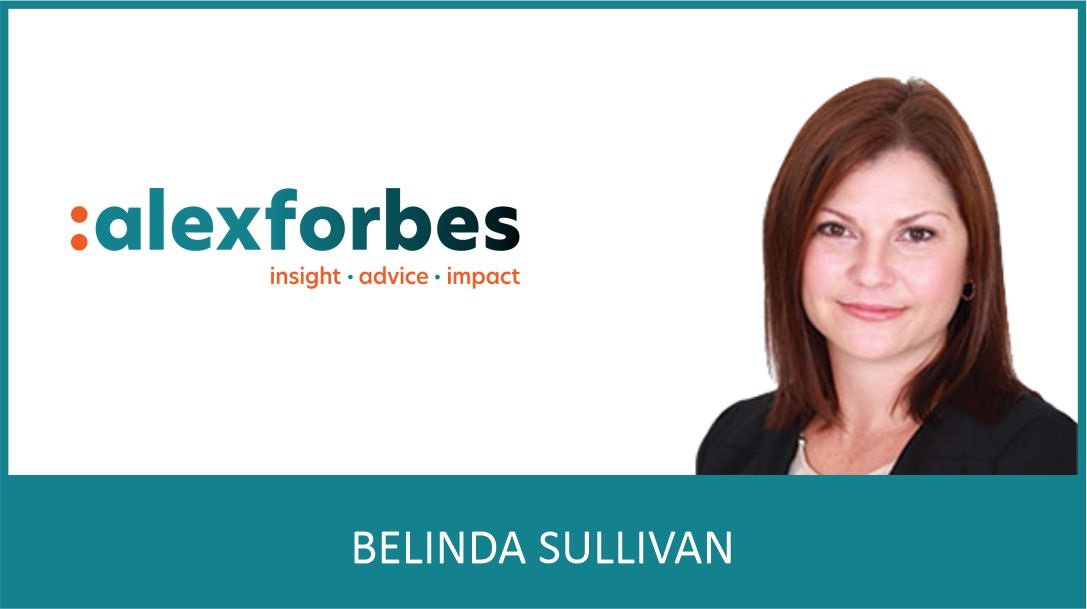Johan Werth, Financial Adviser and Franchise Principal at Consult by Momentum
Imagine meeting a prospective partner for a coffee and within 10 minutes of your first date, divulging how much money you make in a year, what you owe to your creditors, and how much you really spend a month on retail therapy and flat whites at Vida … which your carefully plotted monthly budget most certainly does not accommodate for.
Seems like an ill-advised overshare, right? But those are exactly the conversations we need to be having with our financial advisers.
Last year, an international survey found that 44% of people think money is more taboo to talk about than politics, religion or even weight, while according to the Momentum Consumer Financial Vulnerability Index, more than seven in ten South Africans say simply thinking about their money triggers negative emotions. So it’s little wonder that “awkward money convos” are so often avoided – even with the professionals we engage to help us with our finances.
Says Johan Werth, Financial Adviser and Franchise Principal at Consult by Momentum: “Oftentimes, new clients are extremely uncomfortable opening up about simple financial truths – how much they earn, what they owe, and how much they spend – and struggle to share their full picture when having these conversations.
“But having difficult money conversations actually moves us closer to our financial goals and dreams, he says. “The more clarity we as financial advisors have, the better we can work with you to co-create a financial plan designed around your needs, priorities, and circumstances.
“We’ve seen that over time, as we build a rapport and establish a relationship with our clients, we become a trusted confidant, partnering with our clients through every milestone, promotions, career changes, marriage, children, retirement and even loss.”
While it can be difficult to be transparent about the real state of your finances, Werth says that this is critical to enable your adviser to best support and guide you. He shares five awkward money conversations that every person should have with their financial adviser:
1. How much money you make
It might feel uncomfortable to say out loud – especially if you’ve always kept your income private – but your financial adviser can only build a strategy around what they know. Being upfront about your earnings, including any bonuses, side hustles or commission structures, allows them to identify opportunities to grow your wealth more effectively. Without full transparency, your plan may rest on guesswork and assumptions, not fact.
2. Your debt position
Talking about debt often triggers shame, but it’s one of the most important discussions to have. Whether it’s credit cards, car finance, or an overdraft that’s quietly crept higher each month, your adviser isn’t there to judge – they’re there to help you prioritise repayments and free up cash flow. Honesty will enable your adviser to balance your short-term relief with long-term goals, ensuring you’re not just paying off debt, but moving closer to your financial goals.
3. Your spending habits
Many of us underestimate our monthly spending habits, conveniently “forgetting” about streaming subscriptions or take-away coffees that quietly add up. By breaking down your actual expenses with your adviser, you can identify shortfalls in your budget and find effective ways to save and increase your disposable income. They can also help you set up systems that make your money work harder, such as automatic transfers to savings or investments. Financial planning works best when it reflects real life, not ideal habits.
4. Your financial fears or emotional triggers
Money is more emotional than logical. Maybe you fear losing everything because you watched your parents struggle, or perhaps you overspend to reward yourself after stress. Sharing these truths helps your adviser understand why you make certain financial choices. With this insight, they can design a plan that supports both your financial goals and your peace of mind. Acknowledging money anxiety isn’t weakness – it’s self-awareness, and it can change your entire relationship with wealth.
5. What your spouse, partner or family doesn’t know
Secret credit cards, hidden savings, or differing money goals between spouses and partners are more common than people admit. But secrecy breeds stress…and risk. Your adviser needs a full picture to protect your household’s financial wellbeing. Discussing shared finances, joint assets, or family expectations ensures that your strategy accounts for everyone’s interests. Transparency helps avoid nasty surprises later and will open healthier conversations at home about money, trust, and long-term planning.
ENDS

























































































